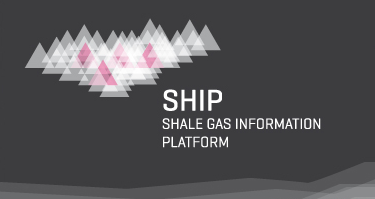Scientists comment on German hydraulic fracturing draft law
26.05.2015
Water Protection, Legislation
The members of the expert group on hydraulic fracturing chemicals within the Water Chemistry Society, German Chemical Society (GDCh), together with scientists from North America, have commented on the German draft law on hydraulic fracturing, which was published 1. April 2015.
Comment on the German Draft Legislation on Hydraulic Fracturing: The Need for an Accurate State of Knowledge and for Independent Scientific Research
Link
The researchers appreciate the intention to put the topic in Germany on a well-founded regulated basis, but stress the need for an accurate state of scientific knowledge as a foundation of the draft law, and the necessity of independent research. They point out that the German law on hydraulic fracturing should more adequately differentiate between “conventional fracking” in vertical wells with small fluid and chemical volumes versus more recent multi-stage hydraulic fracturing in long horizontal wells with large volumes. That is because risks to shallow water resources are believed to more likely depend on the type of drilling, hydraulic fracturing and well integrity than on the type of the reservoir.
With respect to wastewater, which is a mixture of flowback and geogenic formation water, they urge for additional research to characterize subsurface transformation products, geogenic substances, and their overall toxicity which all are site-specific. Therefore, Environmental Impact Assessments for disposal injections should not be founded solely on the knowledge of all chemicals, as proposed in the draft law in its current state. Existing knowledge gaps on long-term effects of such injections (both regarding water quality and seismicity) warrant additional research.
It is recommended that additional regulations (on chemicals’ cadasters) ensure the distinct assignment of a substance’s identity by its IUPAC name, accompanied by the CAS RN name. Further, toxicity assessments of chemicals according to German "Water Hazard Classes" need to be harmonized with EU Regulations.
Additional regulations should ensure that (i) investigations are conducted by independent scientists rather than industry; (ii) appropriate funding schemes guarantee scientific independence; (iii) a peer reviewed application system applying highest standards is based on scientific excellence, defines best-practice monitoring and prevents explorations that do not clearly advance insight into environmental impacts.





